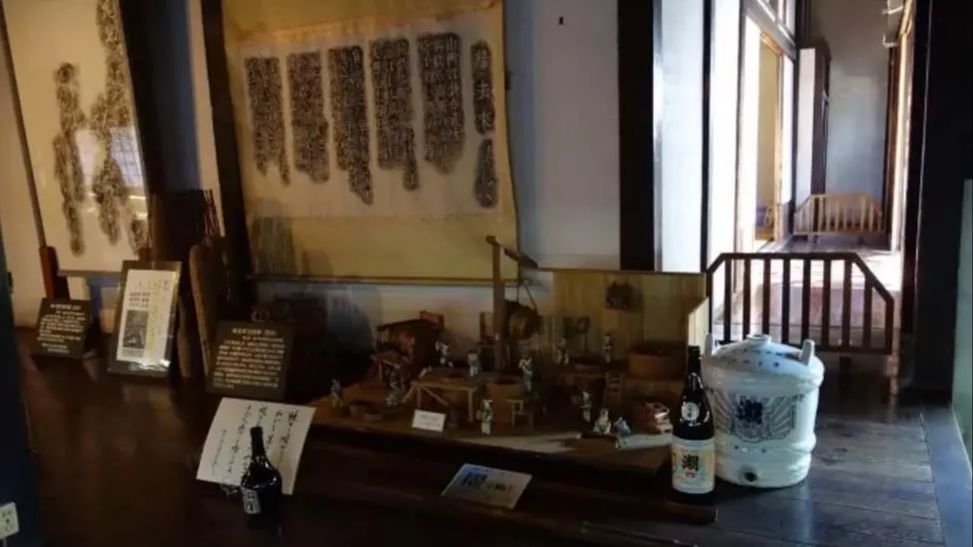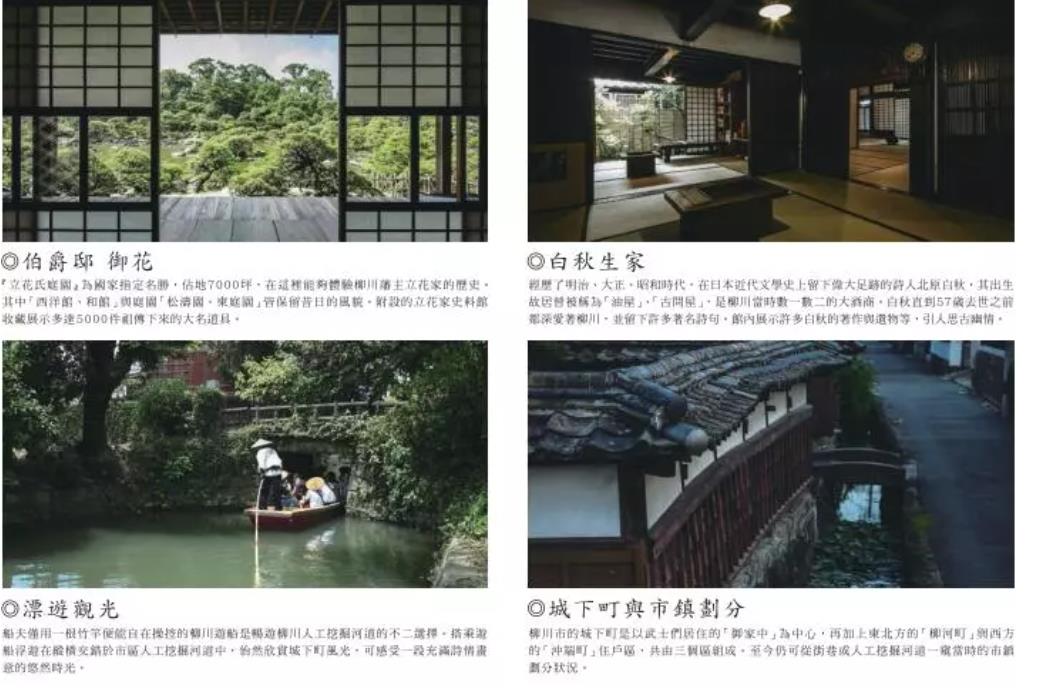
In 1902 (35 years of Meiji), the 17 -year -old Beihara Baiqiu contributed a short song to the garden "Library" of the young author. Later, he turned to the poetry hosted by Hejing drunk. He was favored by the drunk. Bai Qiu dropped out of school on the eve of graduation in middle school and entered the preparatory course of Waseda English. The following year, his "All Awakening Fu" won the first place in the "Takaya Daily Journal", and was reprinted by "Library". In the same year, Poet Ugada, who actively translated and introduced foreign literature, published the translation of "Sea Chao Yin", which is the main body of French symbolic poetry. At the same time as "Sea Chao" came out, his "Spring Bird Collection" was published.
In 1906, the "Waseda Literature" was published in Ping Xiaoyao, edited by Shimamura, edited by the Yueyue, and authentic Shirama, Akita Park and others. This magazine is one of the important publications to open Japanese modern literature. That is, this year Bai Qiu was invited by the editor -in -chief of "Star" and Xie Yekuan. He met the famous female poets and Xie Yejingzi, Yoshii Yoshii, Ishikawa Woodpecker, Kimashita Kagaro and other poets. He successively published poetry in "Star". Later, he was included in the poem collection " In memories.
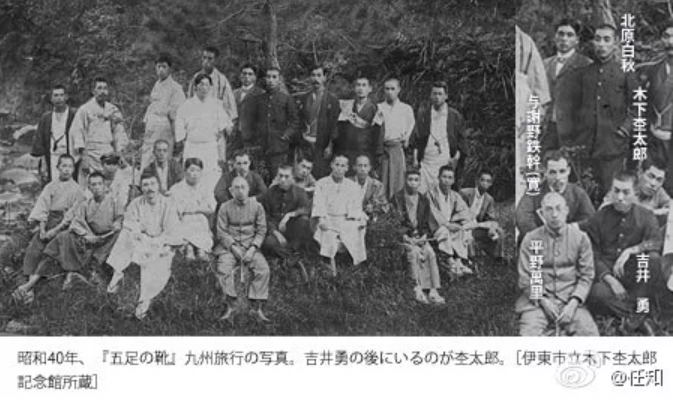
In 1907 (40 years of Meiji), Xia Qiu went to Kyushu, Bai Qiu, Yoshii Yoshii, Hirano Wanli, and Kimita Kagaro. From Nagasaki, they visited the southwestern part of Kyushu in the southwestern part of Kyushu. It is closely related to the Nantan Catholic Church, and finally received grand hospitality in Lichuan's home in Baiqiu's hometown.
Beiyuan's family is a well -known family in the local area. It operates wine and seafood wholesale, and has a business number of oil houses. When they went, the Beiyuan family had gradually fallen. A few years ago, a fire caused most of their hometown buildings to be destroyed. Once, this also provides an opportunity for his eclipse to enter poetic creation.
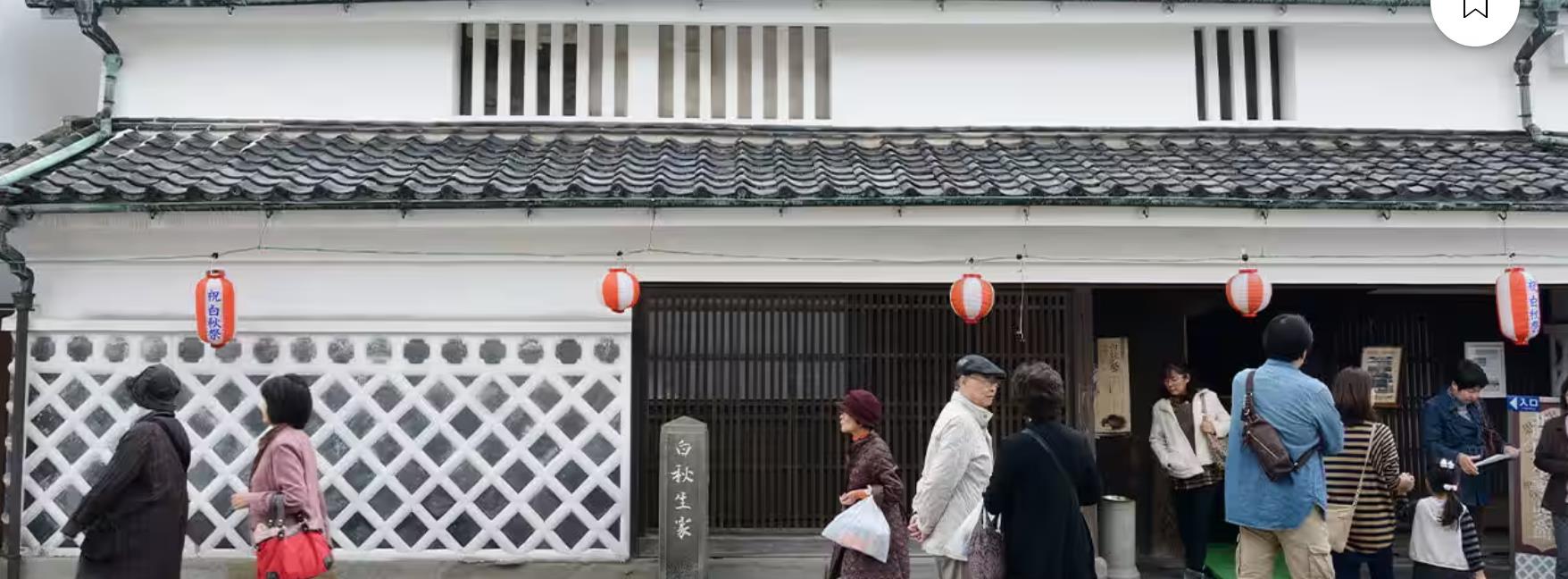
Kitahara Baiqiu's family, the representative poet of Japan, left a large number of outstanding works for future generations, including poetry, short songs, and nursery rhymes that are unknown in Japan. The poet was born in Liugawa and spent his sad teenager in this beautiful city. Now his former residence is the Beiyuan Baiqiu Museum, showing Bai Qiu's works and relics. Kitahara Baiqiu is the eldest son of Beiyuan's family who operates the brewing industry in Liuchuan City. Bai Qiu spent a sad teenager in Liuchuan, which had a huge impact on his style. The current residence of Beiyuan Baiqiu is a house where the fire was burned after the fire, telling the contemporary people about the scene of the poet's life at the time.
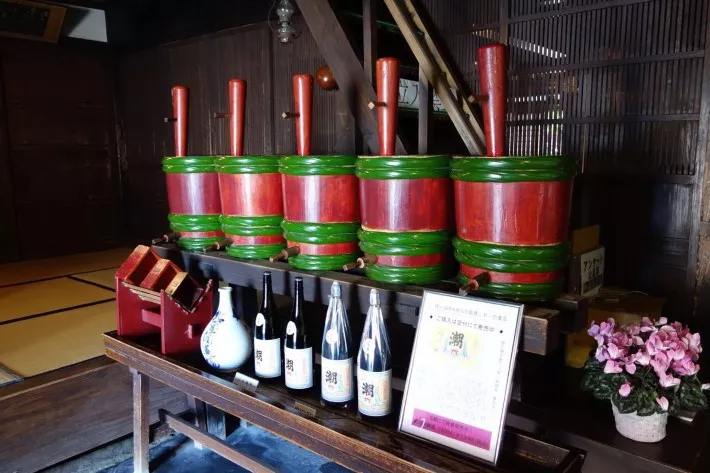
The Lichuan Baiqiu Memorial Hall, the former residence of Kita also has a memorial to show the historical folk customs of Baiqiu and Liuchuan. The "wave pattern wall" soil wall structure is Lichuan's unique housing architectural style. The museum shows the folk information of Liuchuan and Bai Qiu's poems in the museum.
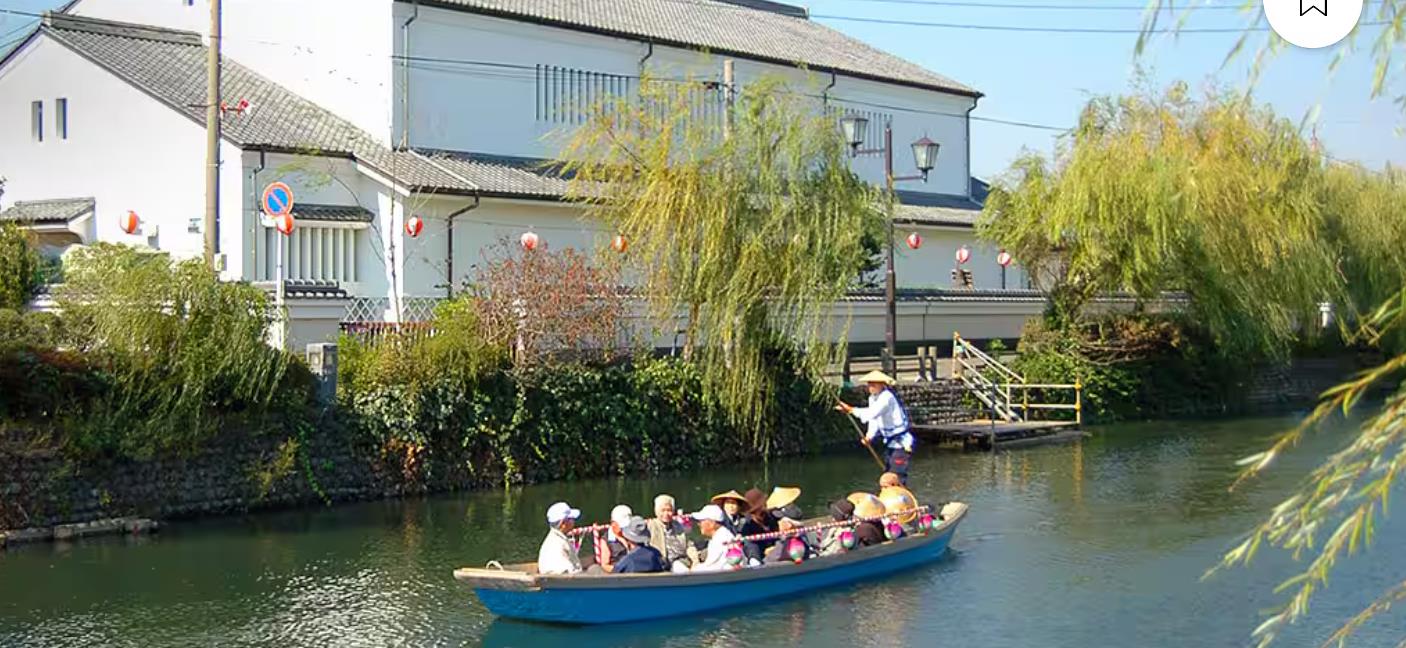
It is said that Liuchuan originated from the Kamakura period to the Warring States Period. Puchi, which ruled Liuchuan, built Pingcheng, and officially repaired Liuchuan City after entering the Edo era. The existing Town division and the waterway almost retain the original state of the Edo era, and the maps of 300 years ago are still available. Liuchuan drifting is very famous. The tour guide explained at the head of the boat. The bright ship songs are endless. The water drifting about 4 kilometers takes about 1 hour and 10 minutes. About 200 Donko ships shuttled back and forth around the city, and the scene of the boatman cleaning the Donko ship is very interesting.
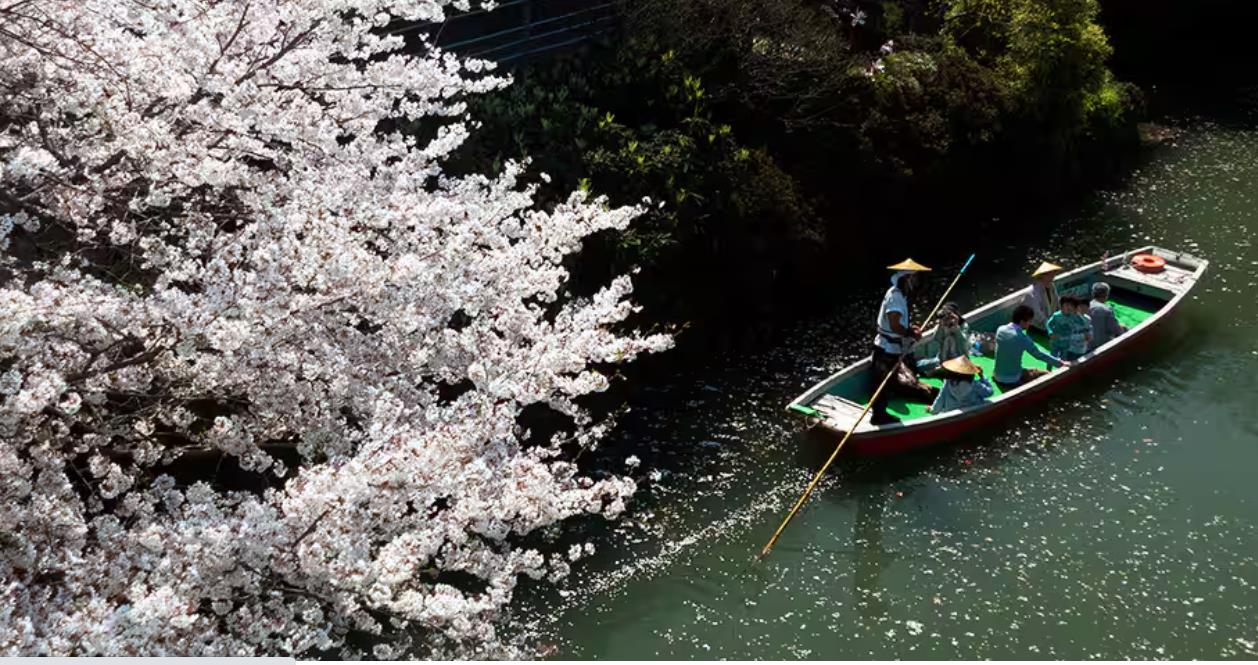
Liaosagawa City River Tour Ranning Tour-Liuchuan City is located in the south of Fukuoka Prefecture, Kyushu. It is a city with a history of more than 400 years. At that time, in order to build the city of the city, the moat was excavated around Liuchuan, which created the beauty of the city of Liuchuan Water Township. This moat is now a place for people to rafting. The "moat patrol (drifting of boats)" in Liuchuan is about 4 kilometers, which takes about 1 hour.
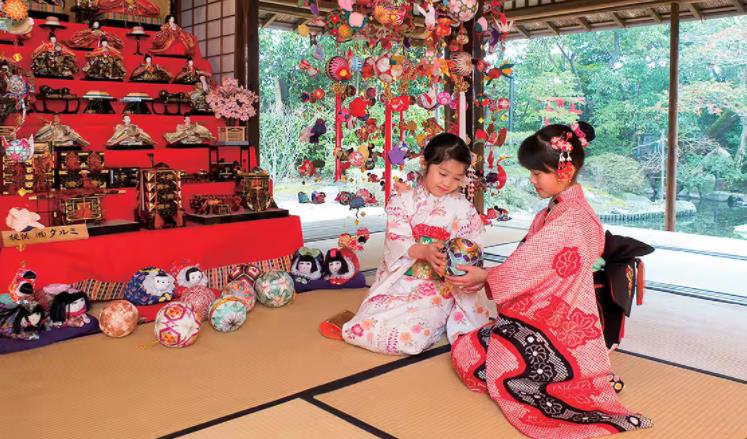
The "hanging decoration" decorated with Liaonagawa Puppets is said to originate from the end of the Edo. When a girl was born at home, when the first Puppet Day was celebrated, the small clothing of the old clothing made a small jewelry instead of the doll. Inheritance to this day. Most of the small hanging decorations are mascots such as cranes, turtles, shrimp, and Sanfan (old man with mask), which can be made into cloth bags as storage bags. There are 7 7 skewers and 49 small suspenders on the bamboo wheels, and 2 Liuchuan big color balls are decorated in the middle, with a total of 51 suspension. In the era of only 50 years in life, the good wishes of the elders hope to be healthy and longevity.
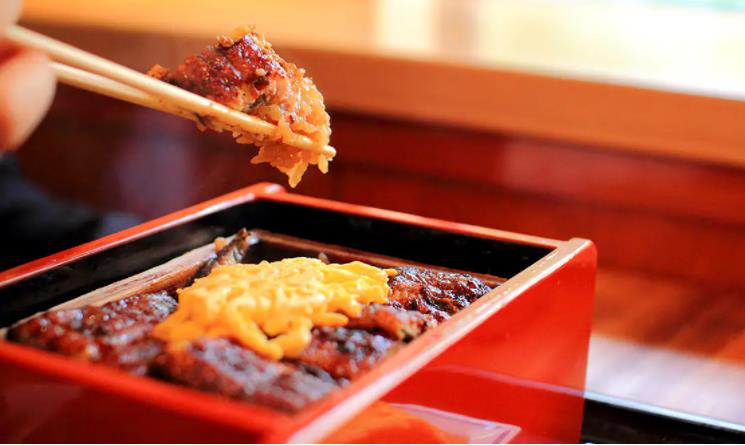
The steamed eel is a signature local dish in Liuchuan. In Fukuoka, there is a saying that "eel to eat eels is only Liuchuan". Eel dishes generally refer to eel rice and eels, and the eel steamed eel is most common in the Liuchuan cage. This is a dish put on the seasoning rice with sauce and steamed puffed eel and fried egg shreds. It is said that this can always maintain the warmth of the eel. In addition, the scent of eels can make the rice more delicious during the steaming process. There are many old -fashioned eel restaurants in Liuchuan City, and each shop retains their own traditional sauce and shop curtains.
Bai Qiu's debris in poetry creation has attracted much attention from the world. In October 1911, the "Article World" magazine was selected as the top ten literary princes in the form of voting. Bai Qiu was selected as the first place among the poets. However, at that time, he fell into the unfortunate relationship with Matsushita Junzi, a husband. Occasionally, Beiyuan moved to the Aoyama area of Tokyo, where he burned himself.
The story has to start with the 43rd year of Meiji (1910) in September. At that time, Bai Qiu and Junzi were originally neighbors. Because Panasonic Changping brought out an outsider home and treated Junzi coldly, she often turned to Bai Qiu talked about his feelings. Facing the sad situation of his wife's wife, Junzi, Beiyuan initially had only sympathy. However, a 26 -year -old man and a wife who were three years younger than him had a love unknowingly.
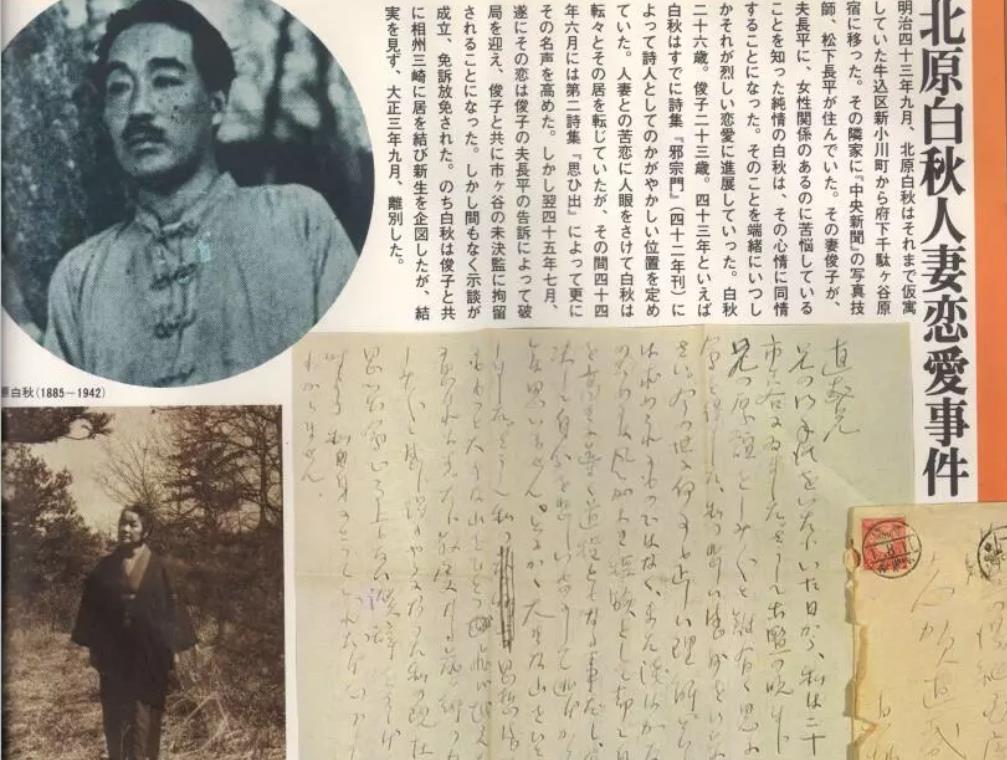
The young woman was abused by her husband because of her incompetent behavior, and the warmth and trust of this promising emerging poet made the young woman Junzi who had a strong love for him for granted. The love of the children in the world is beyond debate. However, if the object of love is the wife of others, even if the husband has no way, it is the master of the famous flower. As a result, the love of the two had to avoid the eyes of women's husbands and worlds. For them, the world was dark. The road they had to go was full of thorns.
According to the law of Japanese at the time, married men and unmarried women had a relationship, which did not constitute a crime of adultery. Women who were married or married or unmarried men had a romance, and both men and women constituted adultery. At that time, Junzi's husband and the photographer of the "Central News" Ministry of Social Affairs Panasonic, Panasonic, filed a lawsuit to the court. In 1912, Bai Qiu was convicted of prison for his wife Junzi "adultery".
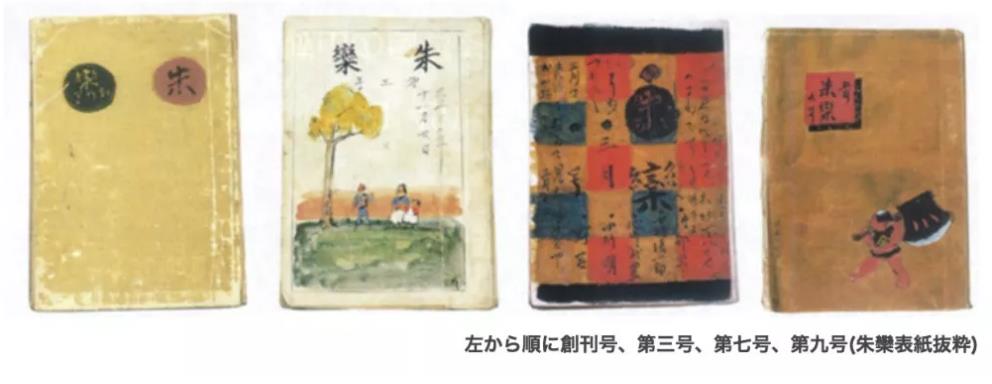
Magazine "Zhu Luan"
In "Zhu Luan" in September 1912, Kitahara Baiqiu made the following narrative:
"The beloved person ... the defendant of the adultery of the shame and a humiliation ... The first trial was tried on the 6th of last month, and with her, the prisoners who were crime with other criminals, murdered, and forged seals were taken into the prison car. I went to the City Valley Detention Center. Drag it out "
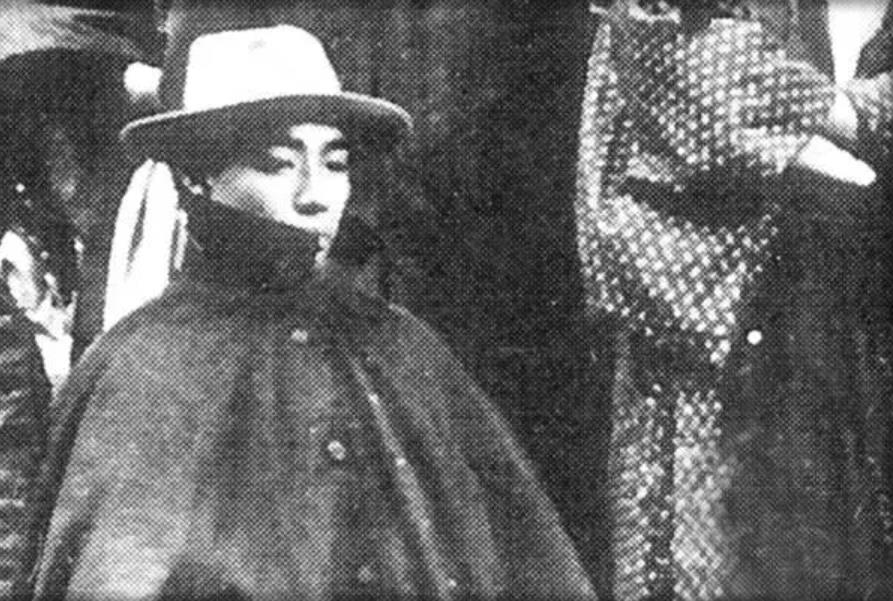
Bai Qiu was arrested
